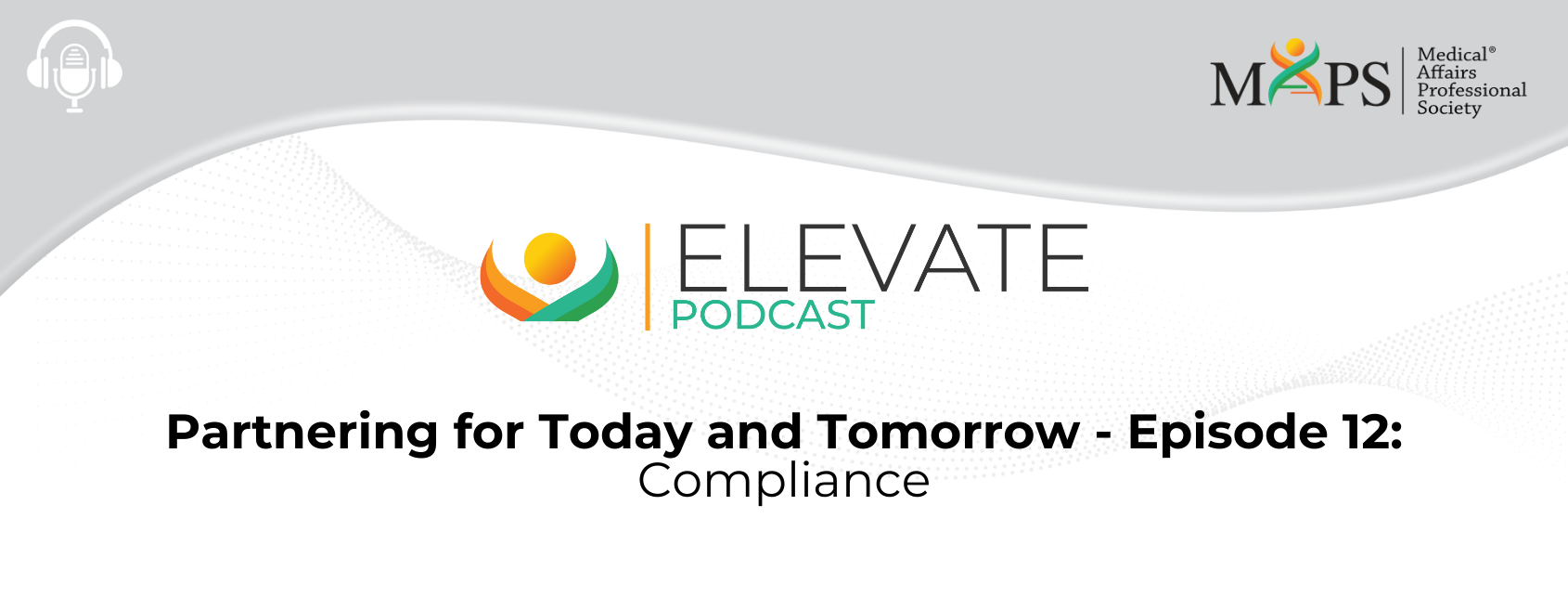Partnering for Today and Tomorrow – Episode 12 Compliance
Objectives
At the end of this series of podcasts, the participant should be able to:
- Discuss the functions and activities of key internal partners
- Identify potential areas for compliant collaboration by MSLs with key internal partners
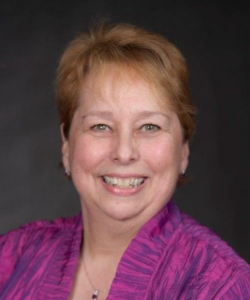
MODERATOR: Kathryn Gann, PhD
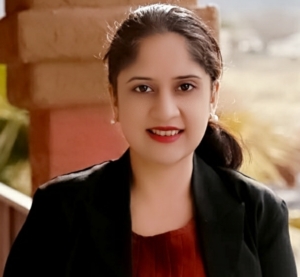
INTERVIEWER: Donna Holder

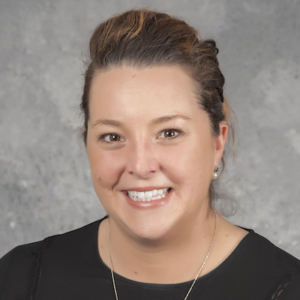
INTERVIEWEE: Mary Beth Svetz, PharmD
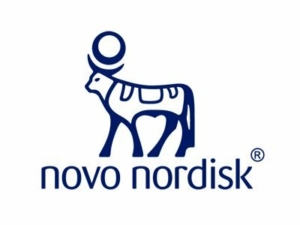
Following is an automated transcription provided by otter.ai. Please excuse inaccuracies.
Kathryn Gann 0:00
Welcome to the medical affairs professional society field medical focus area working groups podcast series, entitled field medical stakeholders Partnering for today and tomorrow. In this 12th podcast we will discuss compliance. I’m Katherine Gan. I’m a member of the field medical focus area working group and I’ll be the moderator for this podcast. Currently, I’m an independent consultant in medical affairs. Having spent my 30 year career as an MSL, an MSL manager and an MSL trainer. Our legal disclaimer is as follows. The views expressed in this recording are those of the individuals and do not necessarily reflect on the opinions of maps, or the companies with which they are affiliated. This presentation is for informational purposes only, and is not intended as legal or regulatory advice. We encourage you to engage in conversations about partnering with field medical stakeholders with other maps members via the community portal on the maps website. Simply log in with the email address and password associated with your maps account and click on the discussion tab. Then scroll down to field medical to post a question or review previous postings. The objectives for this series of podcasts are that at the end of this series, the participant will be able to one, discuss the functions and activities of key internal stakeholders and to identify potential areas for compliant collaboration by MSL with those key internal stakeholders. I’d like to thank today’s panelists for sharing the subject matter expertise with the maps membership. speaking today are Donna holder, Senior Director of Global MSL excellence oncology global medical affairs at Daiichi, Sankyo, and Donna will be our Interviewer And Mary Beth Spitz, Senior Manager ethics and compliance business partner at Novo Nordisk, and Mary Beth will be our interviewee. So Donna, as I turn this over to you, could you perhaps start us off by telling us a little bit about your background and what you do now?
Donna Holder 2:05
Absolutely. Thank you, Kathy. It’s a pleasure to be the interviewer for this podcast. I’ve been a PharmD and in the industry for close to 30 years with the majority of my time in medical affairs at AstraZeneca, Merck and now at Daiichi Sankyo. I spent a considerable amount of time and field medical roles as an MSL, various levels of management and as a global MSL excellently. I also co lead the field medical focus area working group for maps, Marybeth, before we jump into the interview, can you take a few moments to share with us your educational background and career history to date?
Mary Beth Svetz 2:46
Sure, thanks, Donna. So I too am actually a farm d by background. I graduated from the Philadelphia College of Pharmacy a little over 10 years ago. Since then, I have held positions within the pharmacy field in retail pharmacy in medical affairs within medical information, but my current role is at Novo Nordisk in the ethics and compliance department.
Donna Holder 3:14
Great, well, why don’t we first start out by understanding your role will actually really the role of compliance in your organization? So just describe the scope that compliance has in your organization?
Mary Beth Svetz 3:31
Sure, thanks, Donna. So traditionally, when we think about the ethics and compliance function, some of the top responsibilities that come to mind are monitoring and auditing, compliance investigations and policies, procedures, and and additionally training. So this is exactly where a lot of our time is focused within Novo Nordisk. Specifically, I currently do work moreso in the role of advising on policies and procedures, and providing training throughout our organization, but specifically to our clinical medical and regulatory functions.
Donna Holder 4:15
Help me understand because it’s always confusing to me, particularly in different organizations, just the lines and the differences between legal and QA and regulatory.
Mary Beth Svetz 4:28
Sure, so so this is something and it’s a great question, Donna, each, each company may define those lines a little bit differently. But when we think about the role of ethics and compliance, I think it’s important to keep in mind, a lot of what we’re focused on is minimizing execution risk of the company when it comes to operationalizing. different tactics and strategies within your organization, thinking about ways that are that that compliance is different. And then some of the functions you mentioned, something that’s important to keep in mind is the legal team is is focused a lot on advising on legal risk. Whereas a lot of the role within the compliance organization is, is how that legal risk can manifest when we’re executing.
Donna Holder 5:20
Now, before he asked you some specific questions about the MSL interactions and how you work with msls, why don’t you tell me specifically about your role in compliance, and maybe even like a day to day or kind of a weekly what, what types of things that you do?
Mary Beth Svetz 5:38
What’s really neat about my current role, is I am actually a side by side business partner with our medical affairs function. And what my day to day looks like, is a lot of proactive work. And if there are new strategies or tactics that our medical affairs team wants to start implementing, or start thinking about, I work with them side by side to help operationalize those tactics.
Donna Holder 6:07
Okay, great. I’m gonna dive into that a little bit further. So how do you work with your medical affairs organization, and maybe start with just medical affairs, and then specifically, with your field medical team?
Mary Beth Svetz 6:21
Sure. So when we think about and the way I’ll walk through this is, let’s think about the beginning of the year, when we’re rolling out new strategy, and then how we’re going to actually operationalize that strategy. When the team is thinking about new approaches, I’m making sure that while we think about ways to implement, we do this as accordance to policies and procedures we have in place, working with the team to make sure that where we want to go, as an organization is really in line with the policies that we currently, you know, currently operationalize under. And I think, of course, we can talk about the X’s and O’s, and how things get done. But also, we want to really think about as an organization, the ethics of the activities that we’re performing as well. Done. I hope that answers your question. Feel free to
Donna Holder 7:19
Yeah, Yeah, it does. And I think what might be even more helpful, is if we get to some specifics, even the examples and maybe starting with what what are the hot topics, that you’re that come to you particularly around field medical?
Mary Beth Svetz 7:35
Sure. So it’s a great question. And I think something that that does come up quite often, when we think about products, and the focus of our medical team, being specifically around educating the healthcare community, how does our medical team interact within a responsible way with our commercial colleagues? That’s really one of the areas that I would say, comes up on our weekly if not daily basis, how can we really work together and minimize any potential risks that may accompany that interaction between the medical and commercial functions, and topics that pretty much goes hand in hand with that Donna? is off label and pre approval promotion, they ensure that we mitigate any risks that could come along with new new activities that our medical affairs organization is involved in. So those are the two hot ones.
Donna Holder 8:34
Okay. And I want to go back to something you said before about working proactively. And I’ll just share, that’s how I like to work with compliance as well, I think early on when I didn’t understand as well how to work very well, I was much more in a reactive phase, going to my compliance partner on saying, you know, can we do this? Or can we do that. But once I understood how to partner better, I realized that if I focused on the principles, and really helped to understand the principles of what we can and can’t do, it was less of having to go back to compliance all the time. Because as you know, field medical, there’s, I mean, there’s some clear do’s and don’ts, but there’s a lot of gray. And, you know, I didn’t want to look at my compliance partner as having to go to on a daily basis, asking questions if I can do this or not. So I felt like if we had that understanding around what are the principles, which then I could decide, yes or no, that was helpful. Do you have any examples of how you worked proactively with your field teams?
Mary Beth Svetz 9:42
Yeah, Don, I think I think the way you’re thinking about that is is music to a compliance officers ears, right? When we think about working with with medical affairs in a proactive manner. It’s exactly that thinking about those principles. of medical activities that can really set up a great relationship between compliance and medical affairs. So when we’re talking about that, it’s always great for my medical affairs colleagues to bring to me, you know, what is the intention of the activity that they’re going to be? there they’re hoping to deliver? What is the content of their their, you know, new activity is at hand. And really the ultimate thing, that what we’re thinking about a new activity is who’s driving the activity? Is it is it a medical teams, teams initiative. And that’s really where when we’re thinking about those principles you speak of, those are three questions that I often offer to to my colleagues in medical affairs to say Think about this, when partner when we’re, you know, working together to operationalize a new strategy or tactic. Because if you think about that upfront, that really sets us up for success, as we’re trying to get to where you want to go.
Donna Holder 11:03
So I am totally aligned with that. When I think about those are even some best practices that I think through. But if we think about also best practices in terms of how we partner, can you tell me? Do you sit on a field leadership team? Or do you have, like quarterly meetings with them? what’s the what’s a good way to keep that open communication and stay on the proactive side? Yeah,
Mary Beth Svetz 11:29
so it is always great to have a touch point with leadership. And I do Currently I work with the head of the medical affairs team. And I have monthly meetings with her and her strategy and execution leader, that has been a wonderful touch point to really make sure that we keep that two way communication going on a regular basis. And then also, within my current role as a business partner, I ensure that I make myself available to to anyone on the team, not just leadership, and if questions do come up, the MLS in the field have to have my contact information to reach out as as needed. And that’s really how I think we can we can partner and build that trusting relationship to to really feel comfortable to work together. And, you know, get proactive with with anything that may come their way.
Donna Holder 12:26
So how about so we’ve talked a little bit, and we’ve given examples around some of these best practices, the ways to partner with compliance. Are there any don’ts or area of caution that we might keep in mind when working with compliance?
Mary Beth Svetz 12:43
Yeah, so I think one of the things and I’ll start, that just really came to mind, as we were talking, as you were recently talking was, don’t be afraid to ask questions, though, the role of compliance really should should be seen as a partner. And if you start asking questions, it really is my goal, to make sure that we, you know, we understand where you want to go. So don’t be afraid to ask questions, I think that’s a that’s a really important don’t. The next thing that I would just keep in mind is, there are policies and procedures at your organization that really do help shape where your organization wants to go. And I always encourage, whenever, whenever the team of my medical colleagues has questions is take a look at those policies and procedures first, and think about, you know, the way what what your question may be in regards to or your new, your new tactic may be in regards to think about what our policies say? And does it does does your question, you know, it within the bounds of of some of those policies and procedures? And if not, what do you want to do? And, and how can we potentially, you know, look at policy and, and see if there’s ways that we need to think about reconsidering the way policies are written. So it’s, it’s, it’s, there’s, there’s some great things to really do on the front end, that that can really prepare you for a productive conversation with compiled.
Donna Holder 14:18
great tips. And and I’ll tell you that just I’ve had the luxury of being able to partner with compliance over the years. And I’ve got to the point where I truly view compliance as a partner, much like I have an HR partner, a communications partner, I see compliance in the same way. But in order to make that partnership work well, I do employ a lot of the guidance that you’ve just you’ve just shared, of really doing my homework before I go to compliance. I think compliance in the past has gotten a bad rap as you know, the one that’s gonna say no, and I’ve recognized that compliance is there to guide us and a good compliance partner is there to help us get to what is, you know, really understanding? What do you want to do? Let’s figure out how to do that. compliantly. And in order to do that, as you said, going back to the policies, making sure I understand it, and being making sure I’m able to articulate to the compliance partner, what I want to do so that we can find solutions together. I think that’s, you know, makes a lot of sense.
Mary Beth Svetz 15:25
No, that’s great. I appreciate that. And I think I think about closing remarks that that’s definitely the my goal to what we want to hit home today is, compliance really can be your partner to help you move forward, and, you know, look forward to the future of helping medical affairs.
Donna Holder 15:45
Well, thank you very much Marybeth, you couldn’t have said it better, those would have been my closing comments as well. And that, you know, over the years, I’ve gotten to the place where I value the partnership that I have with compliance, and I actually look to them to help me, you know, understand the best path to move forward. And you know, listen to what I want to do and and come up with solutions together.
Kathryn Gann 16:08
Thanks, Donna. Well, Donna and Mary Beth, thank you so much. I was thinking as you guys were talking that MSN was often think of compliance as being the sheriff who’s not going to allow them to do anything. And you’re there to stop them the MSL from doing their jobs. And we know that isn’t true. And I’d like Donna have had the experience of working with very good compliance partners and having very open communication and dialogue and not being afraid to ask questions. And I think that if we can impart one thing to our MSL is they are listening to this is if you have a question, ask it. Just don’t assume that compliance is going to tell you no, you can’t do that. Sure, compliance is there to minimize the executional risks as Mary beso nicely put it, but they’re also there to help you find or help us find a way to work in a compliant manner, and to better serve the company to better serve the patients. And it’s just they are a part of compliance as a partner is a true partner. At least that’s been my experience. And I got over that idea that compliance was there to stand in my way, because they really are, they’re there to help us to help the MSL to help feel medical. So I want to thank both of you for that very good conversation. And certainly, I think in line with our learning objectives, our participants, our participants should have a better understanding of the role and function of compliance and how they may more proactively and compliantly work with compliance. So this has been the 12th podcast in our series on the topic of field medical stakeholders Partnering for today and tomorrow. If you’re a maps member, thank you for your support of maps. And if you’re not yet a maps member and would like access to additional resources in this area, please visit the maps website to explore joining that website is medical affairs.org forward slash membership. This concludes the podcast

